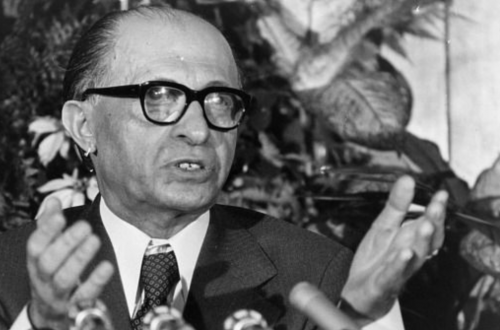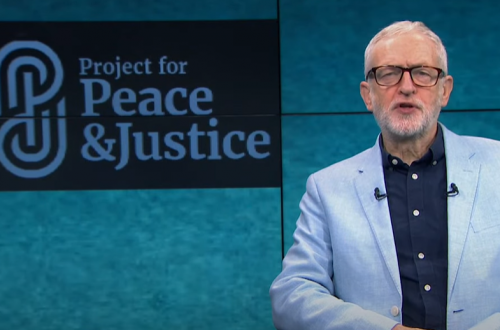Yesterday The Sun published a piece by Boris Johnson which opens on a fully justified note of alarm over the increasing dangers which face journalists worldwide.
So far in 2017 there have been 51 journalists murdered simply for doing their job, and 181 have been jailed.
However then he segued into an attack on Stop Funding Hate, a campaign which targets those who advertise in papers such as the Mail, the Express – and of course the Sun.
Here are the two headlines which preface Johnson’s short article:
Leftie activists trying to silence newspapers they dislike are attacking the very basis of our democracy
The misleadingly named ‘Stop Funding Hate’ campaign wants to shut down those whose views they dislike – an aim which should outrage all who care about freedom of expression
Stop Funding Hate is concerned with instances of racism and bigotry in these papers, the kind of stories which spread disinformation and help whip up hatred. On Twitter, their key method is to juxtapose advertisements with lurid tabloid headlines – and ask the advertisers if they really think this is appropriate for their brand. Recently, for example, they targeted Pizza Hut for joining forces with the Sun in a pizza giveaway promotion.
It seems pretty grotesque to compare the effects of this campaign with the truly chilling attacks on journalistic freedom in regimes around the world. If the press is free to print any story which doesn’t fall outside the law, isn’t Stop Funding Hate also only exercising its own right to free expression? Their co-founder Richard Wilson writes:
The Daily Mail, Daily Express and The Sun are free to print whatever they like within the law. We too have a right to speak out. And if the press refuses to act in the public interest, then we as the public are entitled to exercise our rights, and make our voices heard.
It is not calling for government intervention or regulation – just seeking to give people more information on which to base their spending choices. If the complaints about the tabloids are frivolous or unfair – and even if they are not – then advertisers and consumers are free to ignore their efforts. It could be argued that this is an excellent instance of the free market at work, something Boris Johnson might be expected to approve of. Isn’t perfect information a key feature of perfect competition?


